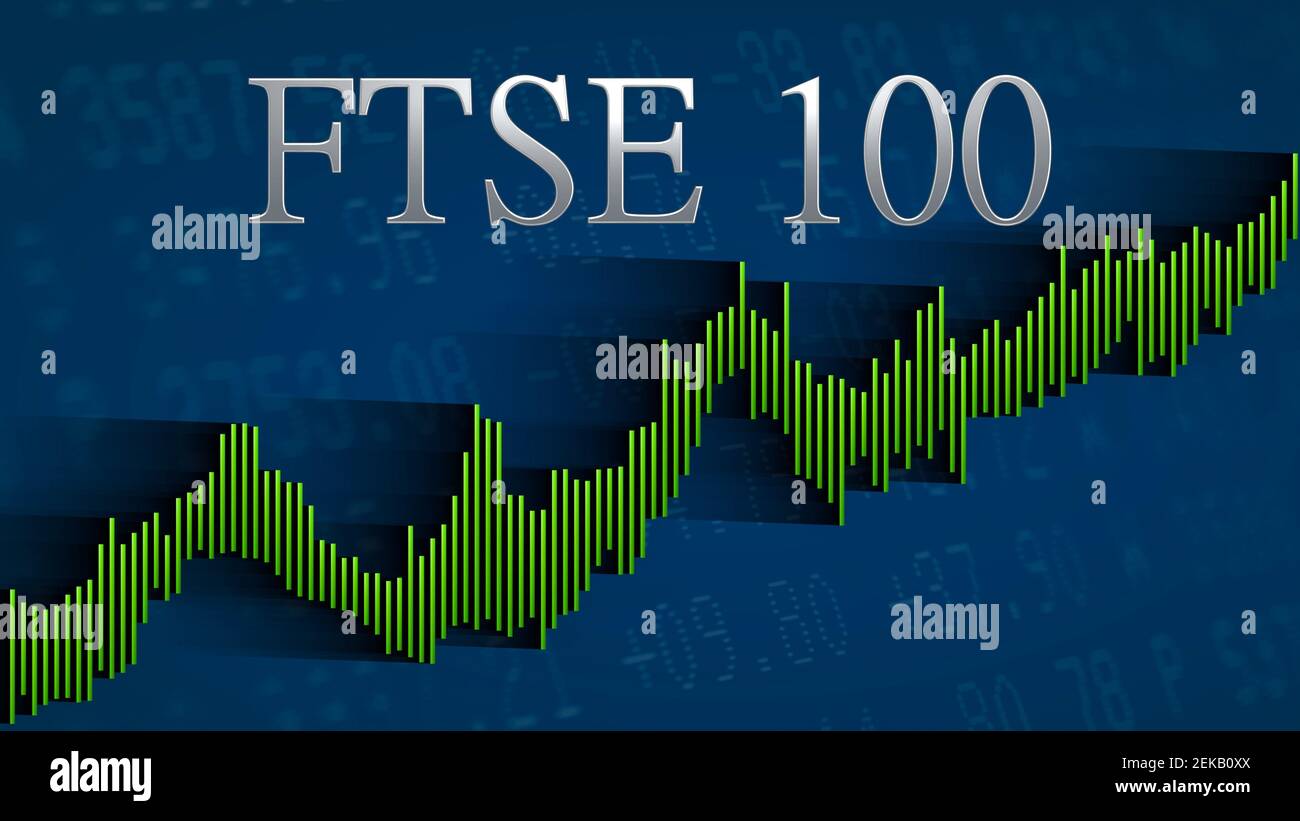
History could be repeating itself as the latest wave of tariffs from the Trump administration disrupts global trade, reshapes supply chains, and sends investors scrambling to reassess their strategies.
This is the warning from Nigel Green, CEO of deVere Group, one of the world’s largest independent financial advisory and asset management organizations, as shares in Europe and Asia have fallen after US President Donald Trump announced tariffs on Canada, Mexico and China, and said tariffs on the EU would “definitely happen.”
The parallels with past protectionist policies are striking.
The Smoot-Hawley Tariff Act of 1930, introduced to shield American industries during the Great Depression, had the opposite effect.
Retaliatory measures followed, slashing US exports by more than 60% and worsening the global downturn.
Today, similar risks loom large as major economies respond to Washington’s aggressive trade stance.
Nigel Green comments: “The lessons from history are clear: Protectionist policies rarely deliver the intended benefits.
“The Smoot-Hawley tariffs worsened the Great Depression by stifling global trade, and today’s tariffs risk triggering the same destructive cycle.
“Rising costs, inflationary pressures, and disrupted supply chains will impact businesses and consumers alike.
“But history also shows that volatility breeds opportunity. Investors who understand these cycles can position themselves strategically.”
Stock markets in North America, Europe, and Asia have already reacted, with significant sell-offs in trade-sensitive sectors.
Tech firms, automakers, and consumer goods companies are adjusting to new cost pressures.
Meanwhile, the bond market reflects growing unease, as short-term yields climb while longer-term rates decline—a signal of concerns about economic expansion.
The deVere CEO continues: “The impact is unfolding across asset classes. Equity markets are under pressure, safe-haven investments are seeing inflows, and currency markets are adjusting.
“The last time we saw such widespread tariff impositions, global trade suffered a historic contraction. Investors who recognize the broader implications will be best placed to protect and grow their portfolios.”
Commodities have also felt the impact. Oil prices have surged due to fears of trade disruptions involving North American energy producers.
Meanwhile, agricultural markets are bracing for turbulence as China and the European Union respond with tariffs of their own, targeting US exports.
Cryptocurrencies have not escaped the turmoil. Digital assets, often viewed as an alternative during periods of economic instability, have experienced sharp volatility. Bitcoin and Ethereum saw significant declines before stabilizing, reflecting broader market jitters.
With Canada and Mexico announcing countermeasures and China pledging additional actions, uncertainty is set to persist.
Trade-dependent industries must now reevaluate sourcing strategies, while investors need to assess how prolonged tensions could reshape global capital flows.
“This is a pivotal moment for investors,” concludes Nigel Green.
“Those who hesitate risk being caught on the wrong side of market movements. But for those who learn from past disruptions and take decisive action, this period of volatility could present some of the best opportunities in years.”















